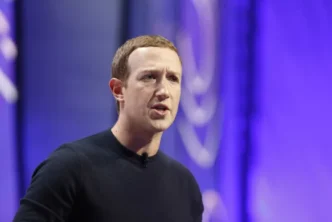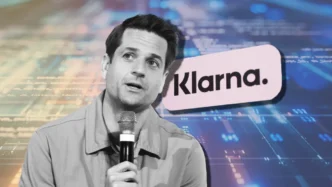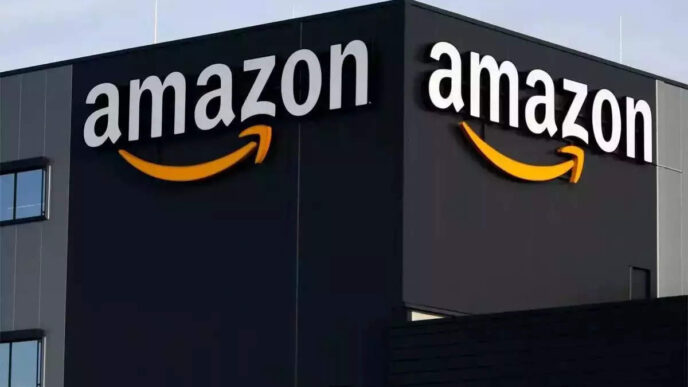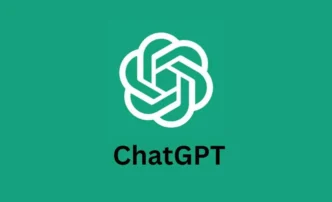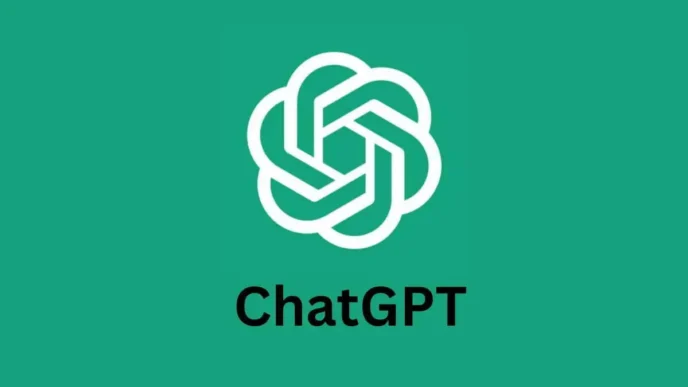OpenAI is making its boldest move yet in consumer tech. The company just acquired io, a secretive AI hardware startup co-created by Sam Altman and design legend Jony Ive. The all-stock deal values io at $6.5 billion, according to The Wall Street Journal.
As part of the acquisition, Ive and his design firm LoveFrom will take the lead on all creative and product design at OpenAI. Ive is keeping LoveFrom independent but will work closely with OpenAI on hardware and other user-facing experiences.
Sam Altman announced the partnership on X, calling Ive “the greatest designer in the world.” He said they aim to build a new wave of AI-powered computers.
This is OpenAI’s biggest acquisition to date. The company already owned 23% of io, so the final deal involves a $5 billion payout to acquire the rest. The OpenAI Startup Fund had also previously invested in the company.
Ive’s arrival gives OpenAI a huge edge as it pushes into physical products. The io team includes 55 engineers, researchers, and former Apple veterans. Notably, designers like Evans Hankey and Tang Tan—who helped shape iPhones and Macs—are now joining OpenAI.
What’s next? A screenless, pocket-sized AI device.
Altman and Ive have been quietly building it for two years. According to Bloomberg, it’s meant to move people “beyond screens.” The first product is expected in 2026.
In a video shared by OpenAI, Altman described io’s mission as creating a family of AI tools that help users make “wonderful things.” Ive added that the project has “completely captured” his imagination. He said his entire 30-year career has led to this moment.
OpenAI’s hardware ambitions could challenge Apple directly. While Apple struggles to catch up with AI leaders like OpenAI and Google, this new collaboration could reset the playing field. After the announcement, Apple’s stock dropped 2%.
Other tech giants are racing to define the future of AI devices. Meta’s smart glasses—built with EssilorLuxottica—are already seeing strong adoption. Google also just revealed its own AI eyewear in partnership with Samsung and Warby Parker.
Altman hinted that smartphones and laptops are too clunky for AI. He wants devices that feel natural and ever-present—something you don’t have to think about using.
This isn’t Altman’s first foray into hardware. He also backed Humane, another Apple-alumni-led startup, which launched an AI pin. But after poor reviews, HP acquired the company, and its product was scrapped.
With Ive on board, OpenAI is now uniquely positioned to build devices that feel magical, useful, and deeply human. And if any team can make AI as personal as the iPhone once made mobile tech, it’s this one.


